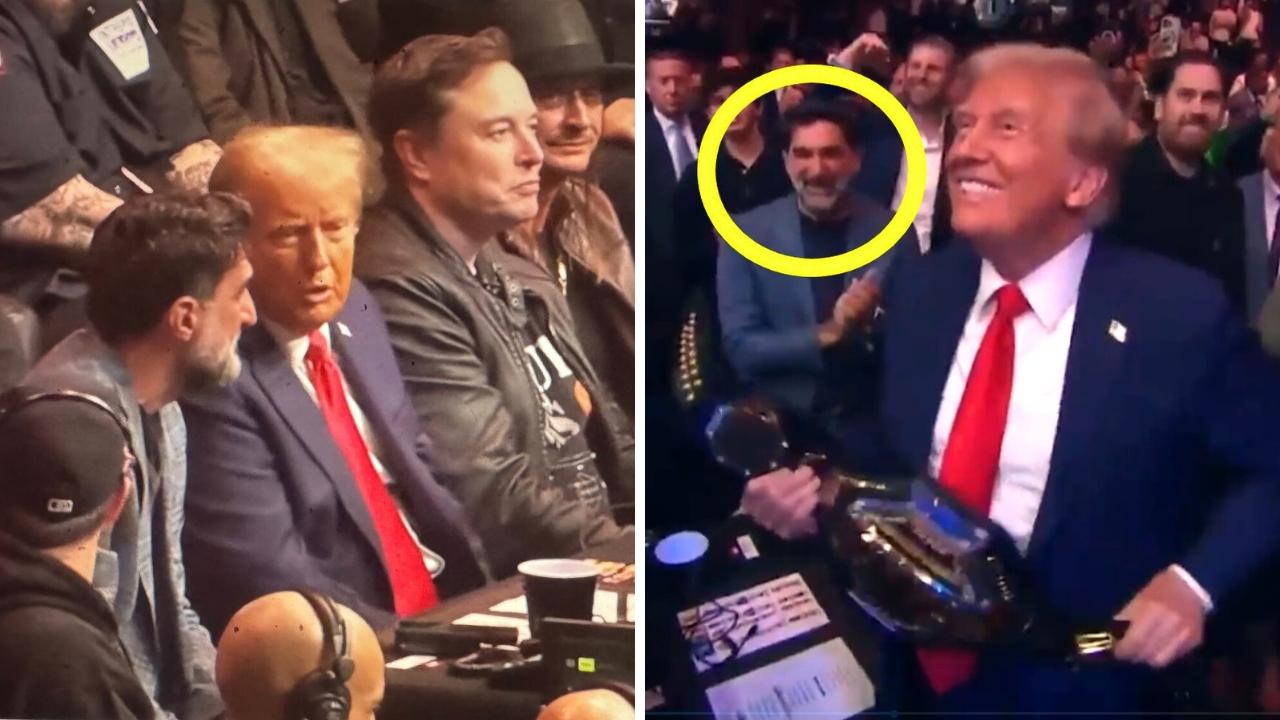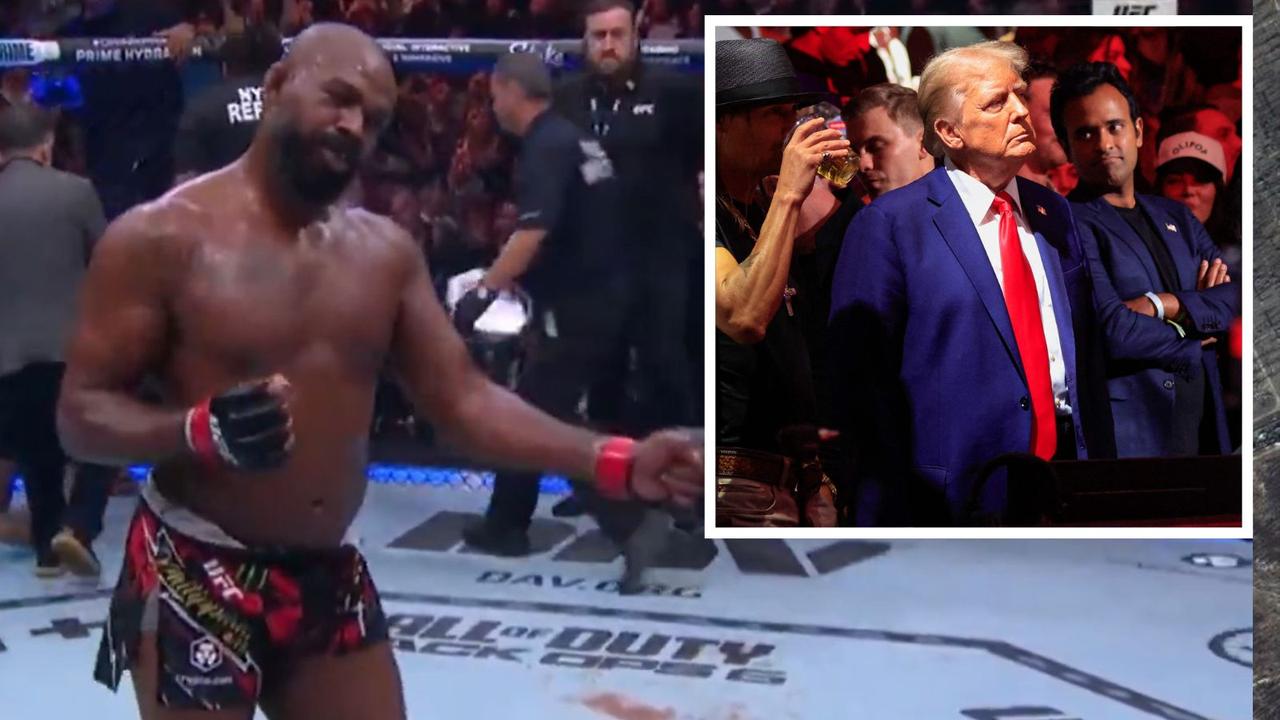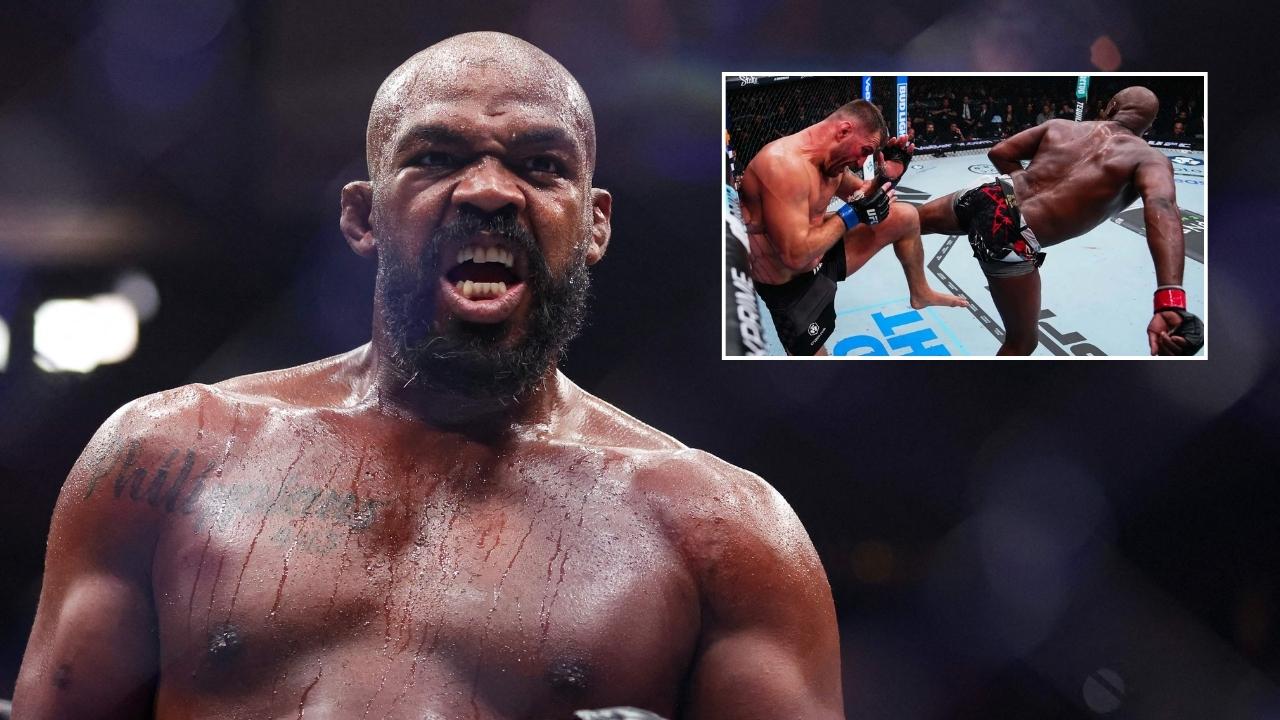UFC 293: Inside the mind of controversial American title challenger Sean Strickland
Controversial and contradictory, there might be more to Sean Strickland than he’s letting on.
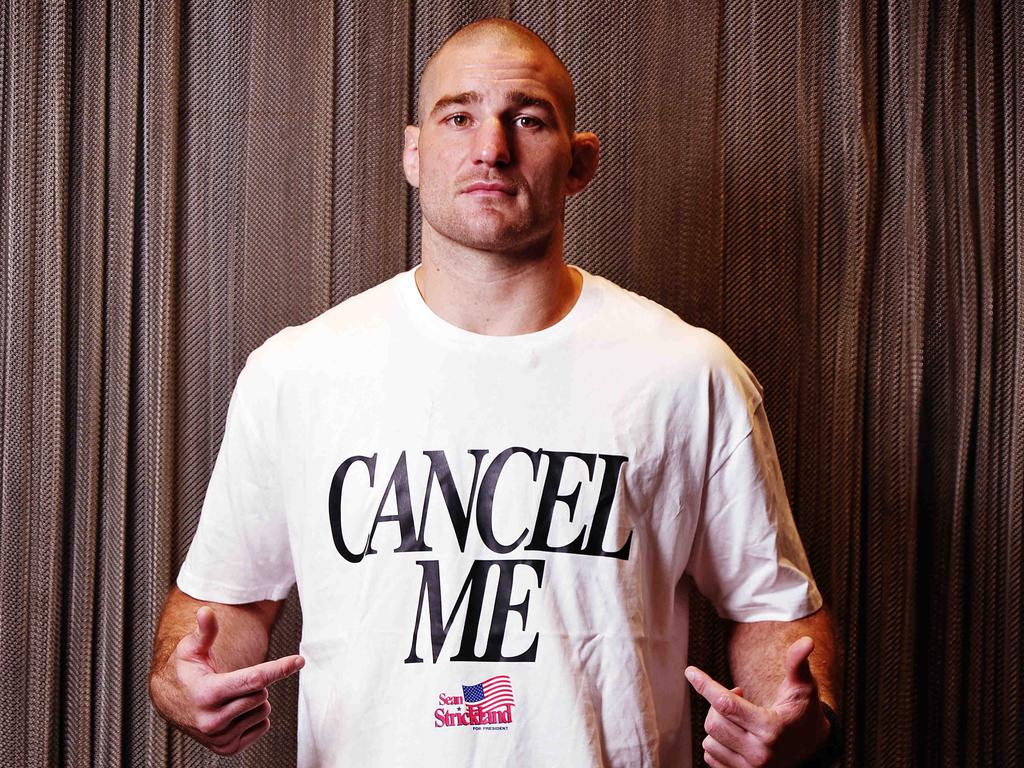
Sean Strickland walks into the room wearing a white T-shirt with the words “CANCEL ME” in big block letters on the front.
And over the next hour or so of his UFC 293 media session, the controversial American does a decent job of trying to make that happen.
At various points the 31-year-old, who fights Israel Adesanya in Sunday’s main event in Sydney, touched on domestic violence, women’s sport, throwing beer bottles at police and even storming the US Capitol Building.
But his comments about women in the workplace have attracted the most scrutiny and condemnation.
Strickland says women shouldn’t work, shouldn’t vote and “belong at home raising kids.”
He says he’s been taken out of context.
Is there a correct context for these statements though?
“I say a lot of crazy shit. It was a joke when I said it, and I stand by it,” he tells this masthead, leaning back in a chair with his feet up on a table. “Women should not work, they should be raising kids.
“Men should work and they should be paid a liveable wage to support a family.
“All these things I say, but it’s taken so far out of context.”
He contradicts those comments moments later when pushed on them.
“I’m not saying that women can’t work, and that if you have a kid you have to be home,” he says. “But we’re in a society that is eroding all morals.
“We don’t judge a man by his character, we judge a man by the value of his wallet. We’re letting the system, we’re letting capitalism erode everything we have.”

Strickland’s entire worldview seems to be based on the idea that things were better ‘back in the day’.
It’s why he resonates with so many people, the 31-year-old says.
“This is why people like me,” he says. “You have a guy in America laying concrete for eight hours a day, making $55,000 a year and struggling.
“Those guys get it. I’m the common man. I talk about what people are going through.
“It’s 2023, so you should be able to do whatever you want, but as a society, if we don’t pay people more and bring back traditional values, at some point, we’re going to look at the world and be like, ‘I can’t believe we didn’t turn back’.”
Strickland has an unlikely supporter in UFC commentator Laura Sanko.
In an ironic twist, considering Strickland’s comments, Sanko will this Sunday become the first woman to ever commentate a UFC pay-per-view card.
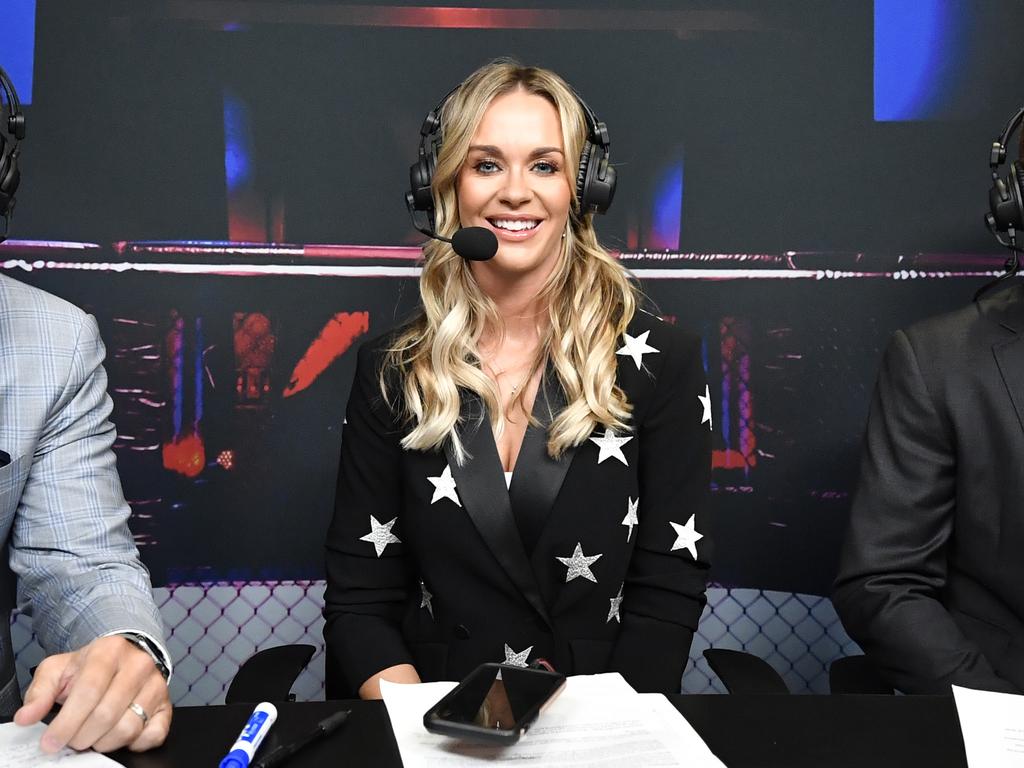
Despite his views of women in the workplace, Strickland has long been a fan of Sanko’s work.
“You know what’s funny is that Sean is probably one of my biggest supporters,” Sanko tells this masthead. “He’s been incredibly supportive of my commentating.
“Some of the things he says, he’ll say in the most extreme way possible, but people will only look at the extreme version, and he doesn’t really mean that version.
“Sean has absolutely no problem with the fact that I have a job and I’m also a mum and a wife.”
It seems, then, that there’s an element of showmanship about Strickland.
Knowing about Strickland’s awful childhood is crucial to understanding his current views.
He was raised by a drug addicted father, and a white supremacist grandfather and his mind was instilled with a hateful racist ideology from a young age.
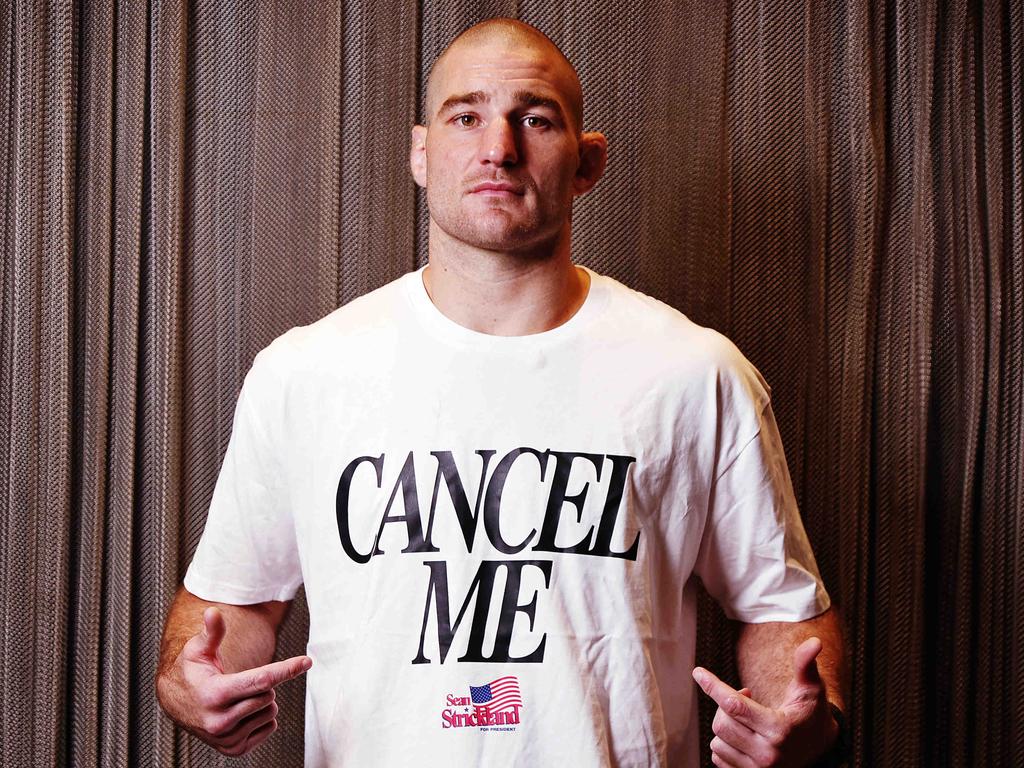
He has spent years “repenting” for his past, and MMA has played a crucial role in that journey.
It wasn’t until he started training that he began meeting and interacting with people of different backgrounds, races and religions.
More Coverage
“You don’t get to choose who your parents are, so imagine little Sean being told, ‘You should hate this person’ for no other reason than the colour of their skin,” Sanko says. “Sean grew up fearing all these different people, and the fact that MMA was a big part of what un-poisoned him is beautiful to me.
“He’s a completely changed person. At his gym there are black fighters, Jewish fighters, Indian fighters. It’s the United Nations in there, and he’s friends with all of them.
“The sport bought out an understanding in him – and he did a lot of work as well – but he would’ve gone down a very different, darker path without the sport.”
Originally published as UFC 293: Inside the mind of controversial American title challenger Sean Strickland




